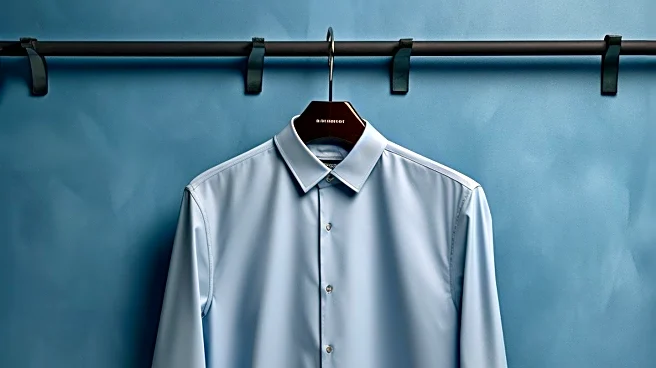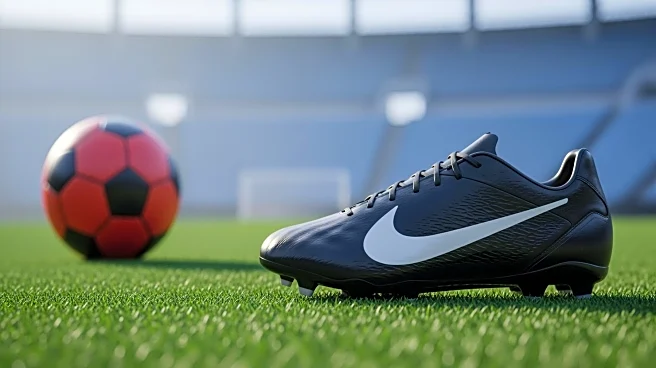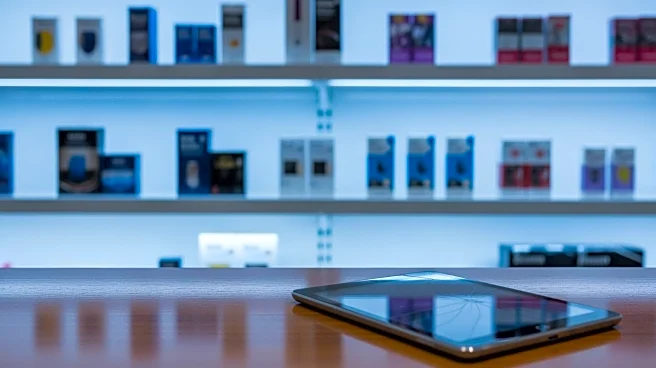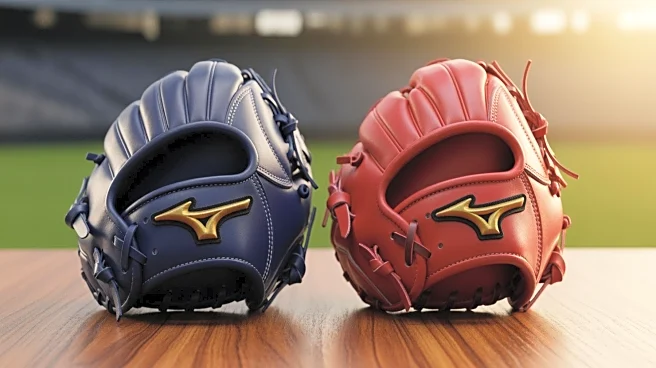What's Happening?
The menswear industry is experiencing a shift towards minimalism, with brands across various regions adopting a pared-back aesthetic. This trend is characterized by versatile, casually tailored, and workwear-inflected styles that appeal to a broad audience. Brands like Evan Kinori, Auralee, and Mfpen are gaining popularity by offering clean lines, relaxed fits, and earth tones. This movement comes as global luxury sales are projected to decline by up to 3% in 2025. Despite this, some minimalist brands are seeing growth, such as Mfpen, which reported a 30% increase in sales. The trend is a response to the chaotic political and socioeconomic climate, offering consumers timeless and well-made clothing options.
Why It's Important?
The shift towards minimalism in menswear
reflects broader changes in consumer preferences and the luxury market. As consumers seek more sustainable and versatile clothing options, brands that offer minimalist designs are well-positioned to capture this demand. This trend also highlights a move away from the logo-heavy streetwear of the past decade, appealing to consumers looking for understated elegance. The success of minimalist brands amidst a luxury market slowdown suggests a potential long-term shift in fashion industry dynamics, where quality and timelessness may take precedence over transient trends.
What's Next?
As the minimalist trend continues, brands will need to differentiate themselves through unique design elements and storytelling. This could involve highlighting craftsmanship, using innovative materials, or creating distinct in-store experiences. The challenge for these brands will be to maintain their appeal as consumer preferences evolve. Additionally, as the global economy faces uncertainties, brands may need to adapt their strategies to remain competitive. The ongoing success of minimalist brands will depend on their ability to balance innovation with the core principles of minimalism.















